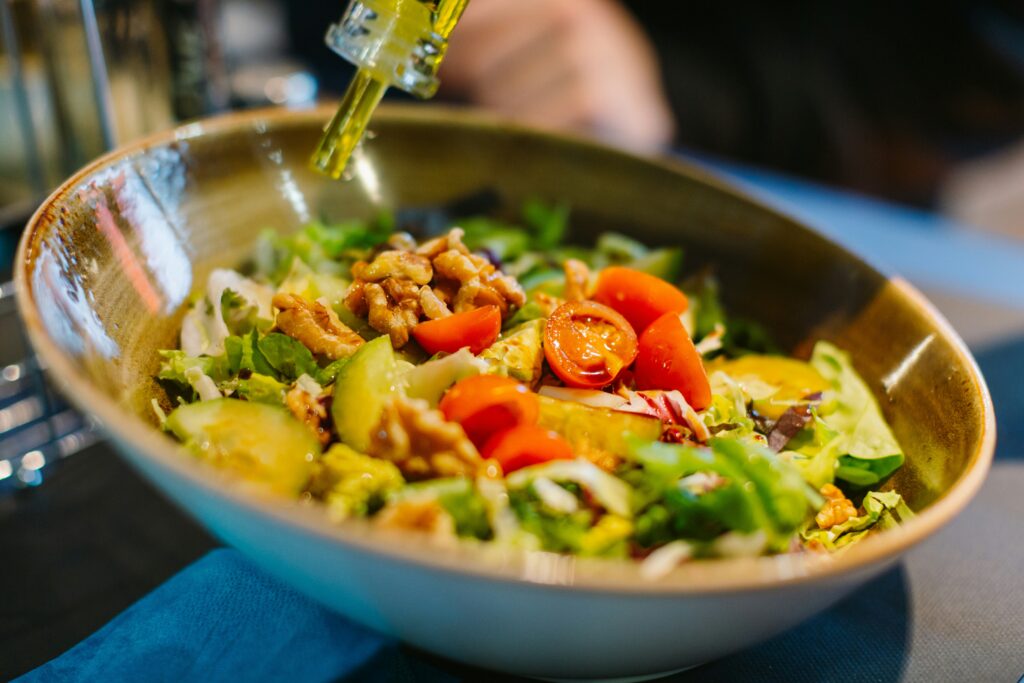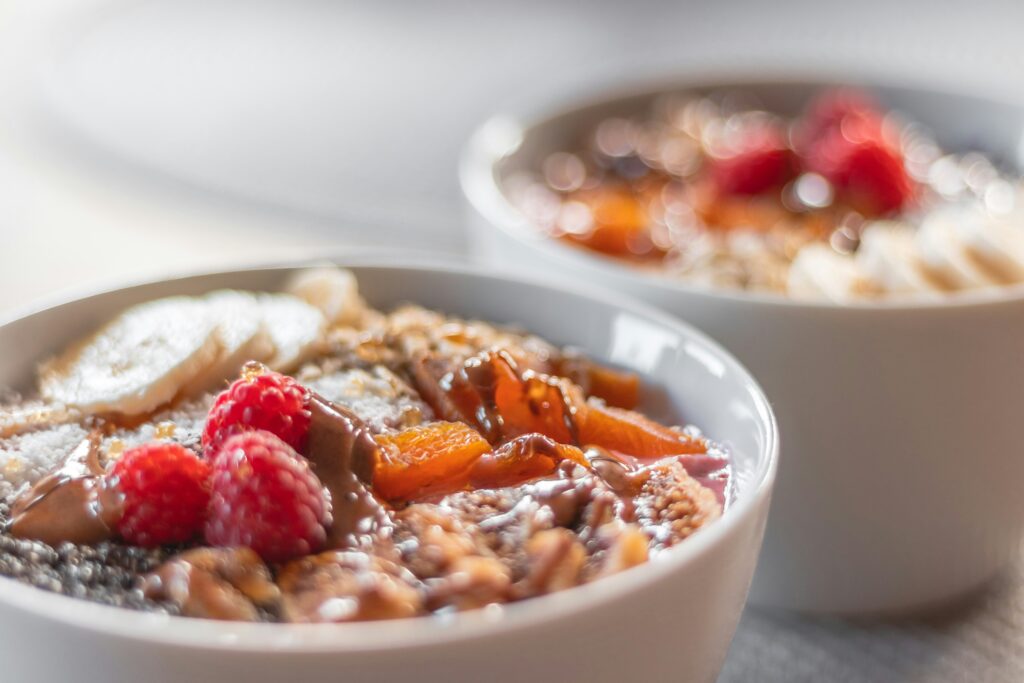
What are nutrient-dense foods?
When it comes to maintaining a healthy lifestyle, nutrient-dense foods are the heroes of your diet. These foods are packed with vitamins, minerals, and other essential nutrients while being relatively low in calories. Incorporating them into your daily meals can help you feel energized, support overall health, and even keep cravings at bay. Let’s explore what makes a food nutrient-dense and some practical ways to include these powerhouses in your diet.
What Are Nutrient-Dense Foods?
Nutrient-dense foods are the ones that give you the most nutritional value without piling on extra calories. Think of them as foods that give you the most bang for your buck when it comes to nutrients.
The secret to finding nutrient-dense foods is looking for ones that deliver essential vitamins, minerals, and fiber—without the added sugars, unhealthy fats, or empty calories that come with processed snacks or sugary drinks. While those might give you a quick burst of energy, they don’t provide the long-term benefits that nutrient-packed options do.

Why Are Nutrient-Dense Foods Important?
Your body needs certain vitamins, minerals, and other nutrients to keep everything running smoothly. Here’s how nutrient-dense foods support key areas of health:
- Energy Levels: Whole foods like complex carbs and healthy fats help keep your energy steady throughout the day.
- Immune System: Foods rich in vitamins C, D, and zinc keep your immune system strong and ready to fight off bugs.
- Heart Health: Omega-3s found in foods like walnuts and salmon support a healthy heart and circulation.
- Digestive Health: Fiber from fruits, vegetables, and whole grains helps keep your gut happy and healthy.
When you choose nutrient-dense foods, you’re giving your body the building blocks it needs to function at its best.
Easy Ways to Add More Nutrient-Dense Foods to Your Diet
Eating healthy doesn’t have to be hard! Here are some simple, tasty ways to get more nutrient-dense foods into your daily routine:
- Start Your Day Right: Ditch the sugary cereals and try a bowl of oatmeal topped with fresh berries, chia seeds, and a drizzle of honey. This breakfast is packed with fiber, antioxidants, and healthy fats.
- Snack Smart: Keep sliced veggies like carrots and cucumbers on hand with a side of hummus or guacamole. Or, grab a handful of mixed nuts for a snack that’s high in protein.
- Upgrade Your Lunch: Try adding leafy greens to your sandwiches or wraps, or make a colorful salad with spinach, quinoa, cherry tomatoes, and grilled chicken.
- Go Meatless: Plant-based meals featuring lentils, chickpeas, or tofu are not only nutrient-packed but also better for the planet.
- Hydrate Wisely: Instead of soda, infuse your water with fresh fruit slices or herbs like mint and basil for a refreshing twist.
- Sweeten with Fruit: Satisfy your sweet tooth with fresh or dried fruit instead of sugary desserts. Dates or a banana are perfect for adding natural sweetness along with plenty of nutrients.

How to Make It a Lifestyle
Switching to a nutrient-dense diet doesn’t mean you have to overhaul your entire life overnight. Start small by swapping one or two foods each week and slowly build up your intake of whole, nutrient-rich options. Over time, your taste buds will adjust, and making healthy choices will start to feel more natural.
Check out our blog for more healthy tips!
